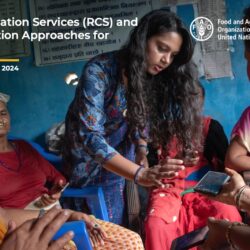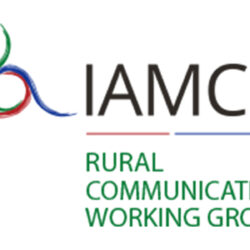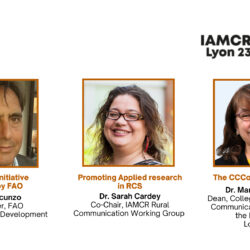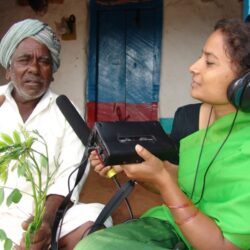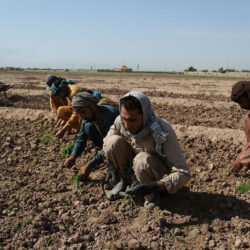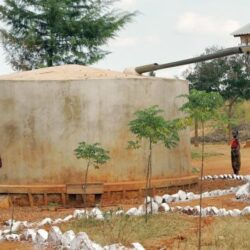Regional technical platform to tackle purchasing public family farming on 4 June
The UN Food and Agriculture Organization extends its invitation for the third session of the second cycle of technical exchanges for Family Farming, focusing on purchasing public family farming. Set on 4 June 2024, it seeks to generate a space where public purchasing experiences for family farming are shared and enriched. The third session will present different configurations of public procurement from family farming for school feeding, demonstrating various mechanisms that make


